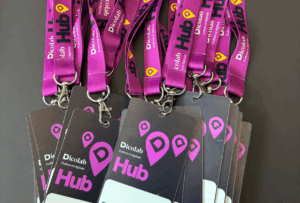
Dicolab. Digital Culture: Free Courses in July 2025
Last free and certified Dicolab courses for professionals in the culture and heritage sector before the summer break: three innovative courses that explore the new
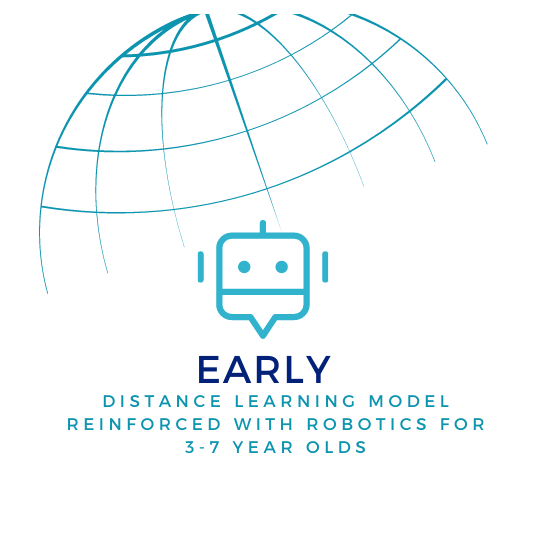
You can find here (https://www.earlyeu.org/news-english/) the third e-newsletter of the Erasmus plus project EARLY (https://www.earlyeu.org/). In this issue we present the curriculum and modules of the EARLY project “Robotics-supported distance learning model for 3-7 year old children”. In this issue we also interview the project partners on their views on pre-school education, distance learning and educational robotics. Finally, this e-newsletter gives you the opportunity to have a look at the interactive online handbook that is currently being prepared.
The curriculum
During the project, we developed a curriculum for higher education that addresses a range of topics related to the development of different skills in pre-school, looking for new ways in which children can collaborate independently of physical distance (i.e. distance learning). The curriculum contains essential theoretical information in 5 modules, bringing together key information on various topics related to pre-school, distance learning and technology-enhanced learning.
The curriculum also includes a course programme in 5 modules with lesson plans, handouts, presentations, a structured assessment system, etc. covering a range of topics. The lesson plans are suitable for pre-school/future teachers, parents and all those who care for young children.
The Online Handbook
The second outcome of the project is an interactive online handbook, the ‘Handbook for Online Pre-School Education Workshops‘. The handbook consists of two versions, both translated into the national languages of all project partners. One version of the handbook is a set of materials in PDF format and the other is in the form of an interactive presentation with dynamic content that will allow the user to choose their role – teacher, student or parent/guardian – and then choose the customised content accordingly.
The handbook is especially suitable for teachers who teach courses for future child teachers in both higher education and further education, and the content is also suitable for parents and all those who care for young children.
The introduction to the handbook describes the need to introduce blended learning elements in pre-schools to ensure continuity of support during forced or optional distance learning (such as in cases of COVID-19 outbreaks, prolonged health problems or other extended absences). The developed materials also offer information on how to better integrate digital tools into the pre-school learning process, presenting children with their forms and functioning as well as potential challenges.

Last free and certified Dicolab courses for professionals in the culture and heritage sector before the summer break: three innovative courses that explore the new
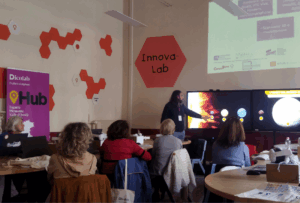
The DICOLAB project training courses dedicated to those committed to leading and intervening in the digital transformation process of the culture and heritage sector continues
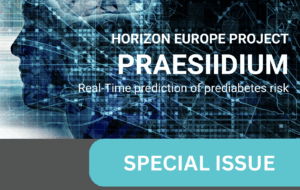
PRAESIIDIUM Special Issue. We are pleased to launch a Special Issue entirely dedicated to PRAESIIDIUM, a project funded by the Horizon Europe program. This bilingual
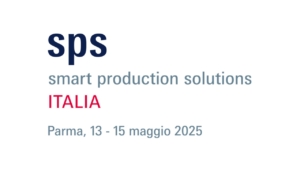
SPS Italia and Scuola di Robotica are organising a work table dedicated to girls and young people: students from technical institutes, ITS and engineering universities
Write here your email address. We will send you the latest news about Scuola di Robotica without exaggerating! Promised! You can delete your subscription whenever you want clicking on link in the email.

© Scuola di Robotica | All Rights Reserved | Powered by Scuola di Robotica | info@scuoladirobotica.it | +39.348.0961616 +39.010.8176146 | Scuola di robotica® is a registered trademark